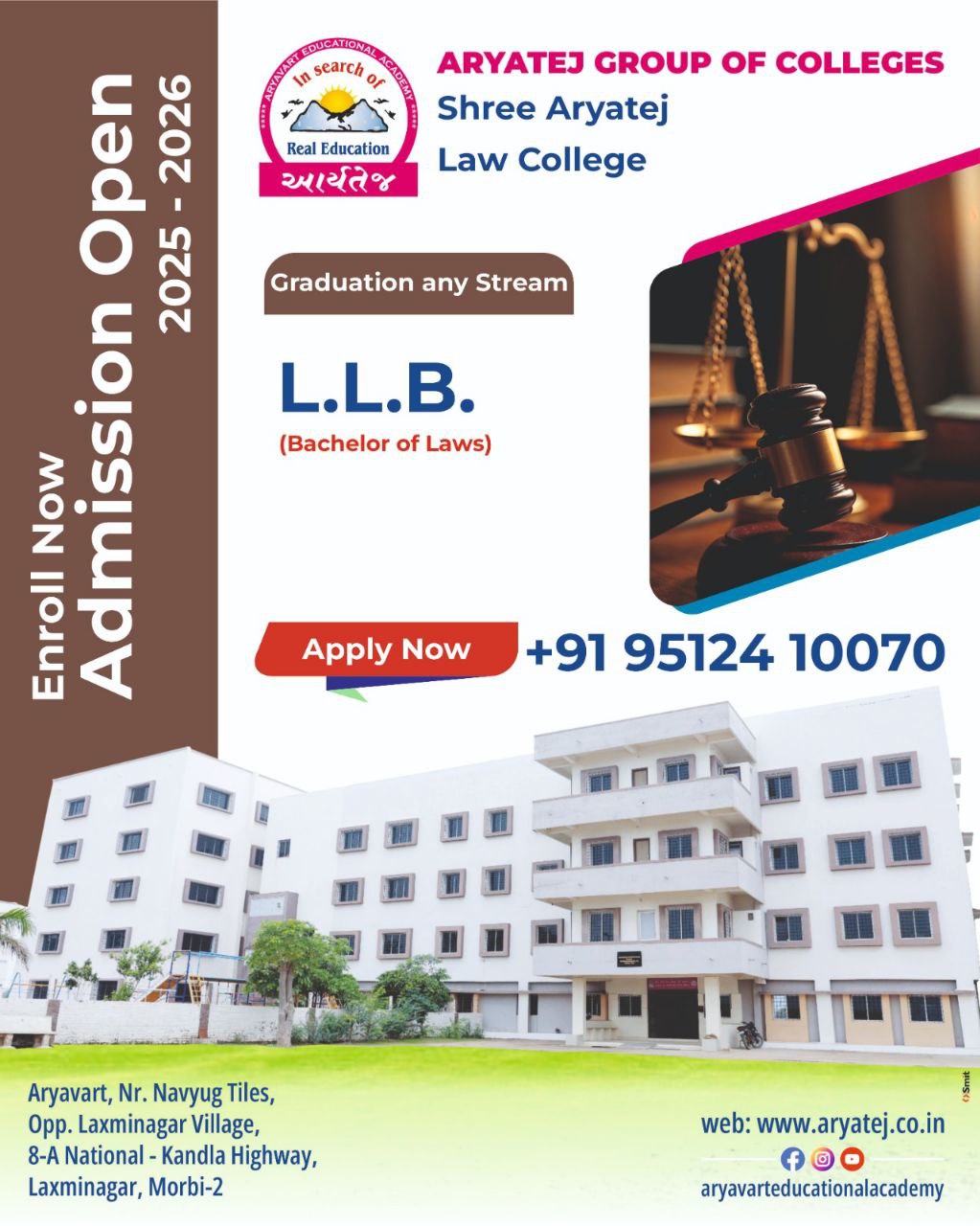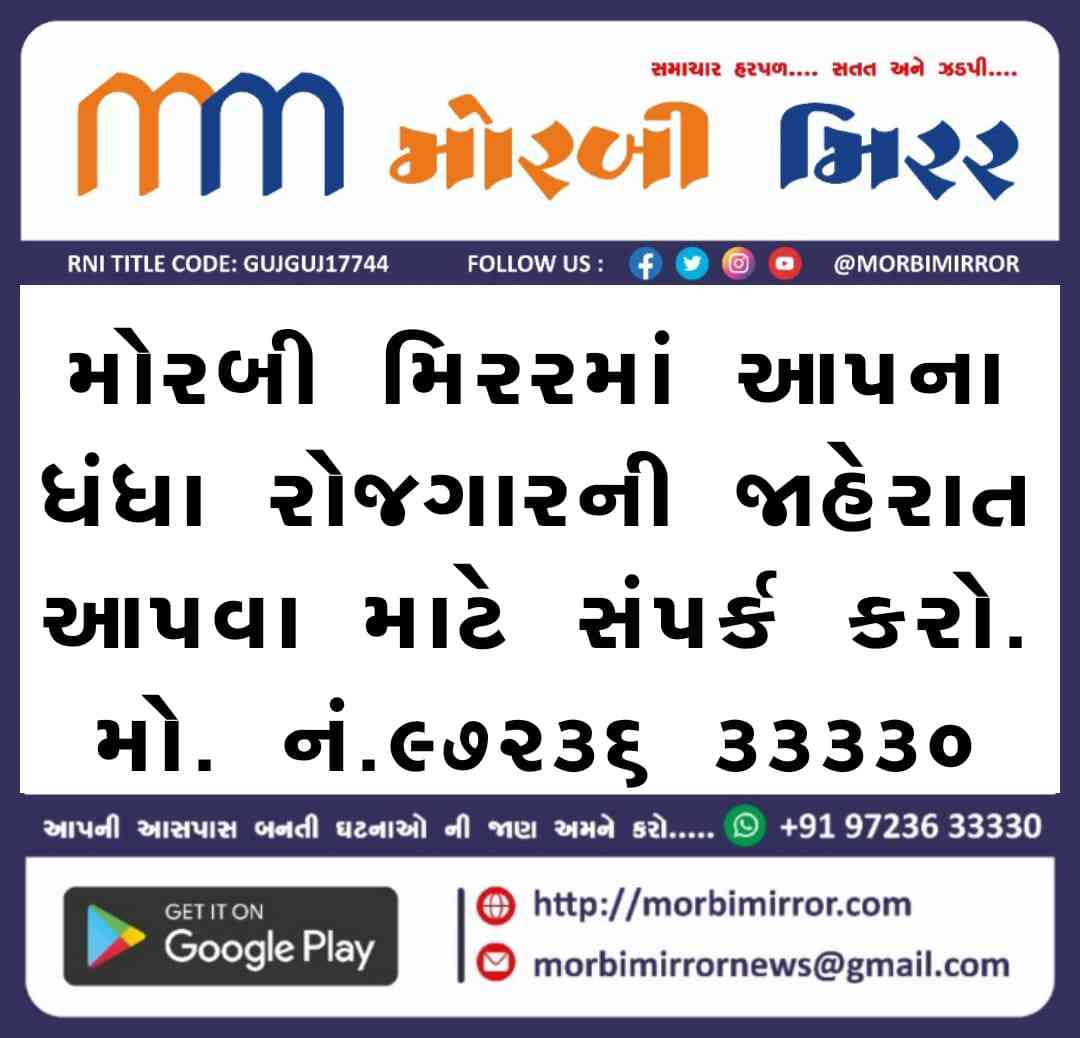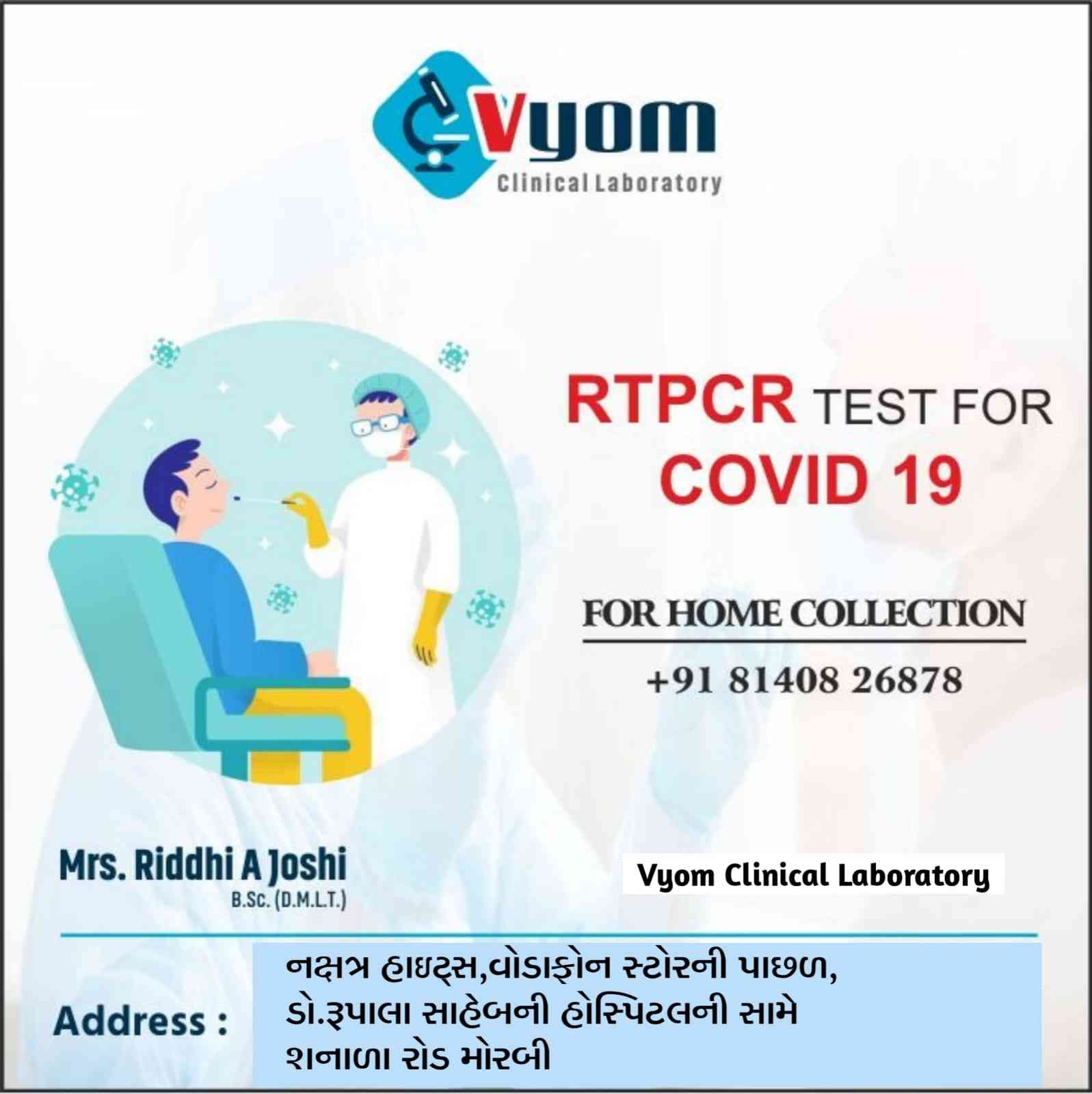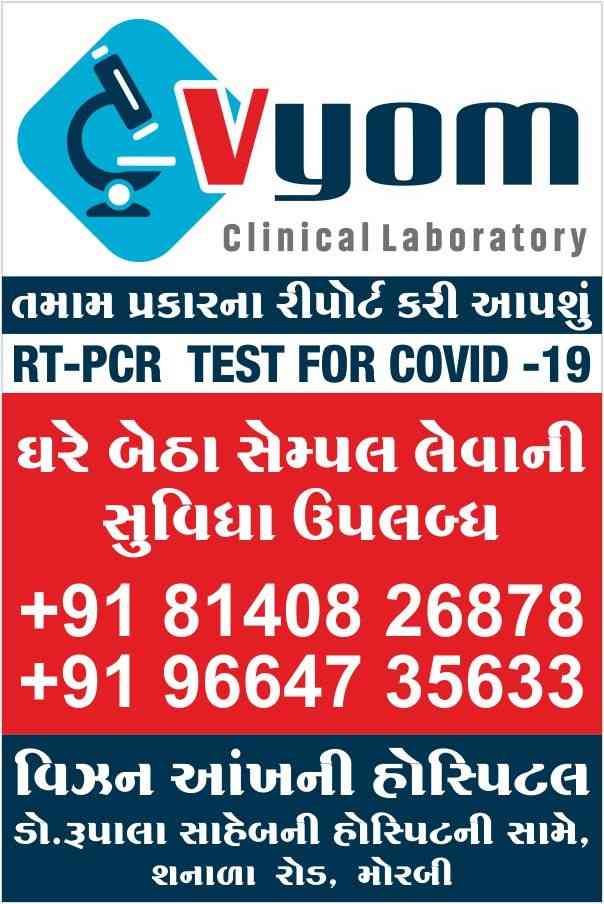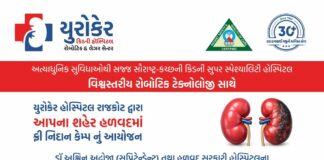The Supreme Court on Thursday (November 9) issued a slew of directions to monitor the early disposal of pending criminal cases against Members of Parliament and Members of Legislative Assemblies.
A bench comprising Chief Justice of India DY Chandrachud, Justice JB Pardiwala, and Justice Manoj Misra observed that it was difficult for the Supreme Court to lay down uniform guidelines applicable across the States and left it to the High Courts to evolve such measures for effective monitoring of such cases by invoking its powers under Article 227.
At the same time, the bench issued the following general directions for monitoring of early disposal of pending cases:
1. High Court Chief Justices shall register a suo motu case title “In Re Designated Courts for MPs/MLAs” to monitor early disposal of pending criminal cases against MPs/MLAs. The suo motu case may be heard by a special bench led by the Chief Justice or a bench assigned by him.
2. The Special Bench hearing the suo motu case may list the matter at regular intervals as felt necessary. The High Court may issue such orders and directions as necessary for expeditious and effective disposal of the cases. The Special Bench may consider calling upon the Advocate General or Prosecutor to aasists the court.
3. The High Court may require a Principal District & Sessions Judge to bear the responsibility of allocating the subject cases to such court(s). The HC may call upon the Principal District & Sessions Judge to send reports on such intervals.
4. The designated court shall give priority – (i) to criminal cases against MPs/MLAs punishable with death or life imprisonment, (ii) cases punishable with imprisonment for 5 years or more, (iii) other cases. The trial court shall not adjourn the cases except for rare and compelling reasons.
5. The Chief Justice may list the cases where stay of the trial has been passed before the special bench to ensure that appropriate orders, including vacation of the stay order, are passed to ensure the commencement of the trial.
6. The Principal District & Sessions Judge shall ensure sufficient infrastructure facilities for the designated court and also enable it to adopt such technology as expedient for effective functioning.
7. The High Court shall create an independent tab on the website providing district-wise information about the details of year of the filing, number of subject cases pending and the stage of proceedings.
While monitoring the subject cases, the special bench may pass such orders or directions as are necessary for expeditious disposal, clarified the Court.
With these directions, the Court disposed of the first prayer in the PIL filed by Ashwini Upadhyay. The writ petition is kept pending to consider the other prayers which seek to bar convicted MPs/MLAs and persons who are dismissed from government service for corruption or disloyalty from contesting any elections for life.
The petitioner has challenged the provisions of the Representation of Peoples Act which restrict the term of disqualification as the period of sentence plus six years after the release and the disqualification on government servants who are dismissed for corruption or disloyalty to five years from the date of such dismissal.
The plea had sought for following reliefs-
1. Provide adequate infrastructure to set-up Special Courts to decide criminal cases related to People’s Representatives Public Servants and Members of Judiciary within one year and to debar the convicted persons from Legislature, Executive and Judiciary for life uniformly;
2. Direct and declare the words “and shall continue to be disqualified for a further period of six years since his release” be severed from sections 8(1)(ii), 8(2) and 8(3) of the Representation of the People Act, 1951 and the words “for a period of five years from the date of such dismissal” be severed from section 9(1) of the Representation of the People Act, 1951 as invalid;
3. Direct Union to take appropriate steps to setup Special Courts to decide the cases related to people representative and public servants within one year and implement the important electoral reforms, proposed by the National Commission to Review the Working of the Constitution, Law Commission of India in its 244th and 255th Report and Election Commission of India;
4. Direct Union to take appropriate steps to debar the person convicted for the offences specified in sections 8(1), 8(2), 8(3), 9(1) of the Representation of the People Act, 1951 from contesting MLA/MP election, forming political party or becoming office bearer of political party.”
The Court had previously passed a series of orders for creating Special Courts to try the cases against sitting and former MPs/MLAs. The Apex Court, thereafter, had been monitoring the expeditious disposal of these criminal cases.
Senior Advocate Vijay Hansaria and Advocate on Record Sneha Kalita assisted the Court as amici curiae. After the order was pronounced, Hansaria thanked the Court and said,
“I hope these directions will ensure that less number of convicted politicians contest elections.” He said that the directions to set up Special Courts have deterred several persons from criminal background from entering politics.
Case Title: Ashwini Kumar Upadhyay v. UOI W.P.(C) No. 699/2016
Citation: 2023 LiveLaw (SC) 971
Courtesy:livelaw



